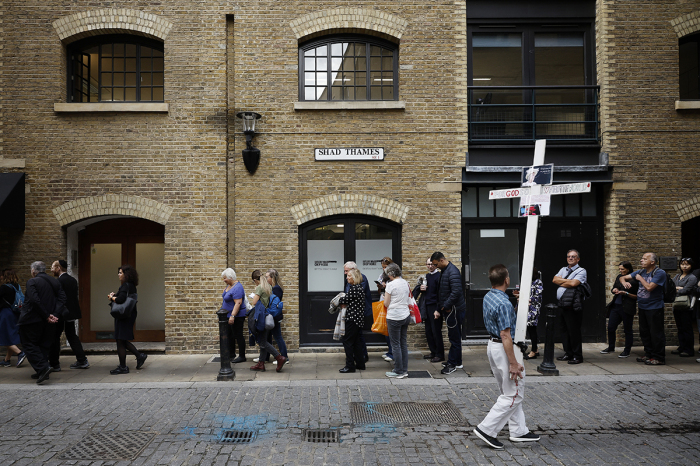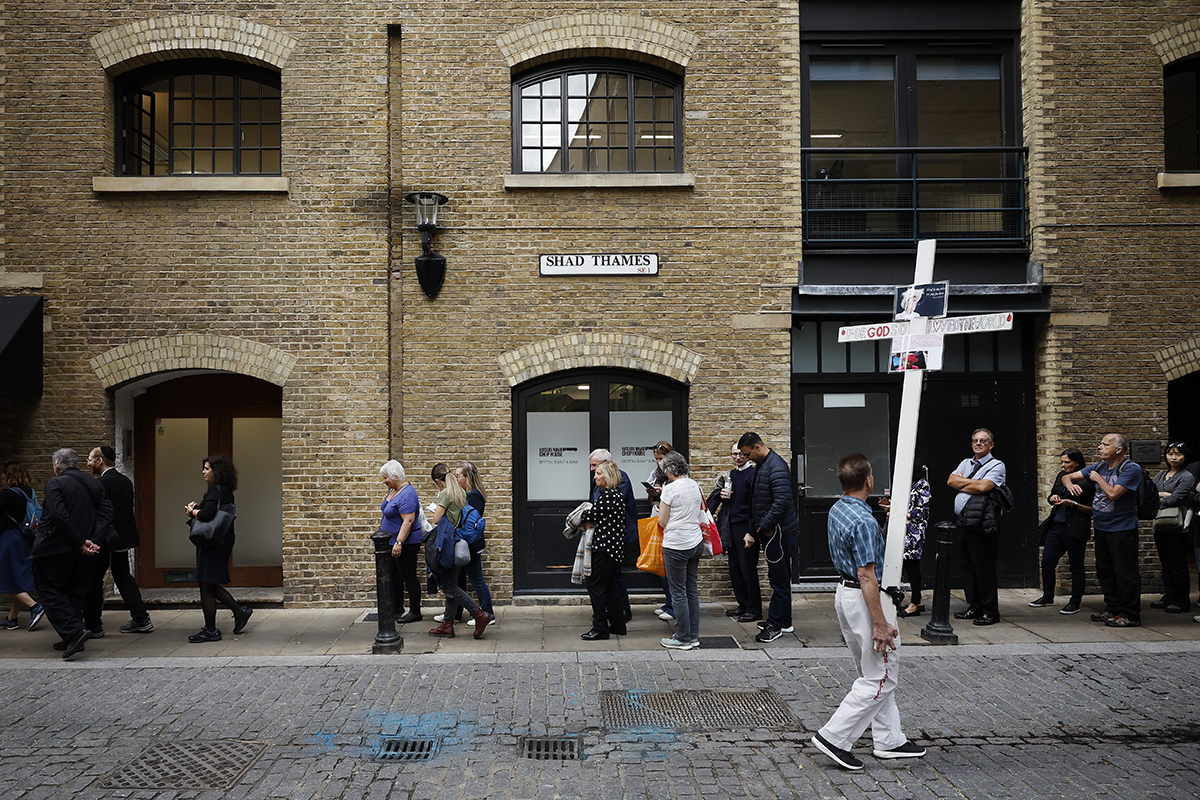
A Labour-run council in the United Kingdom has withdrawn its attempt to impose an injunction banning Christian street preachers in two Hampshire towns. Rushmoor Borough Council reversed its legal action after sustained opposition from local faith leaders and Conservative councillors.
The Telegraph reported on the withdrawal on Saturday.
The council had sought a court order in March that would have prohibited street preachers from praying, singing, handing out Bibles or leaflets, or initiating religious conversations in the town centers of Farnborough and Aldershot, according to the U.K.-based group Christian Concern, which sent a statement to The Christian Post.
The proposed injunction included restrictions that would have made it a criminal offense to pray for someone without prior permission, offer Christian literature by hand, or engage in discussions deemed “hostile” based on protected characteristics under the Equality Act.
The application, filed under provisions of the Anti-social Behaviour, Crime and Policing Act 2014 and the Local Government Act 1972, cited the need to prevent “alarm and distress” among the public. The draft injunction warned that breaching its terms could result in prosecution and up to two years in prison.
Preachers and local churches said they were not consulted and described the proposed restrictions as disproportionate and unprecedented.
Lawyers from the Christian Legal Centre, which supported the preachers, said the injunction risked criminalizing ordinary expressions of faith, including carol singing.
Street preacher Sally McGuinness, who has worked in the area for over 15 years, was quoted as saying that she made several attempts to contact the council after learning of the proposed injunction but received no response.
She told council officials at a 23 April meeting that the threat of criminalisation had weighed heavily on her and accused the council of failing to acknowledge the good done by local Christian outreach.
Several faith leaders, including ministers from evangelical churches, an Army chaplain and a local vicar, also attended the meeting to raise their objections. During the session, council officers were told that the proposed measures would not only restrict constitutionally protected religious expression but would set a precedent for banning similar public acts of faith.
Preacher Jamie Broadey, supported by the Christian Legal Centre, an arm of Christian Concern, said he had been shocked to read that the draft injunction forbade activities like praying or singing unless the public first gave permission.
He called the restrictions incompatible with centuries of Christian tradition in Britain.
Following the meeting, the council announced it would withdraw the application and consider a voluntary code of conduct for street preaching.
Council leader Gareth Williams was quoted as saying that discussions with the local Christian community helped reach a solution that balanced freedom of worship with the interests of all town center users.
Councillor Gareth Lyon, the local Conservative group leader who had taken up the preachers’ case, welcomed the decision, saying it was the right outcome for both free speech and religious liberty.
Rushmoor’s draft injunction on prohibitions included touching people in prayer—even if they consented–as well as any sermon that could be perceived as hostile toward individuals based on characteristics such as sex, gender identity or religion.
The council defended its position by citing complaints from members of the public who claimed the preachers created a “non-inclusive” environment. In one instance, a person said their transgender child felt unsafe encountering street preaching. Other complaints referred to the use of portable PA systems, preaching that was deemed judgmental and daytime evangelism that disrupted residents’ sleep.
A meeting between council officials and faith leaders is expected to discuss alternatives to legal enforcement. The preachers are still seeking an apology and assurances that such measures will not be pursued again.





